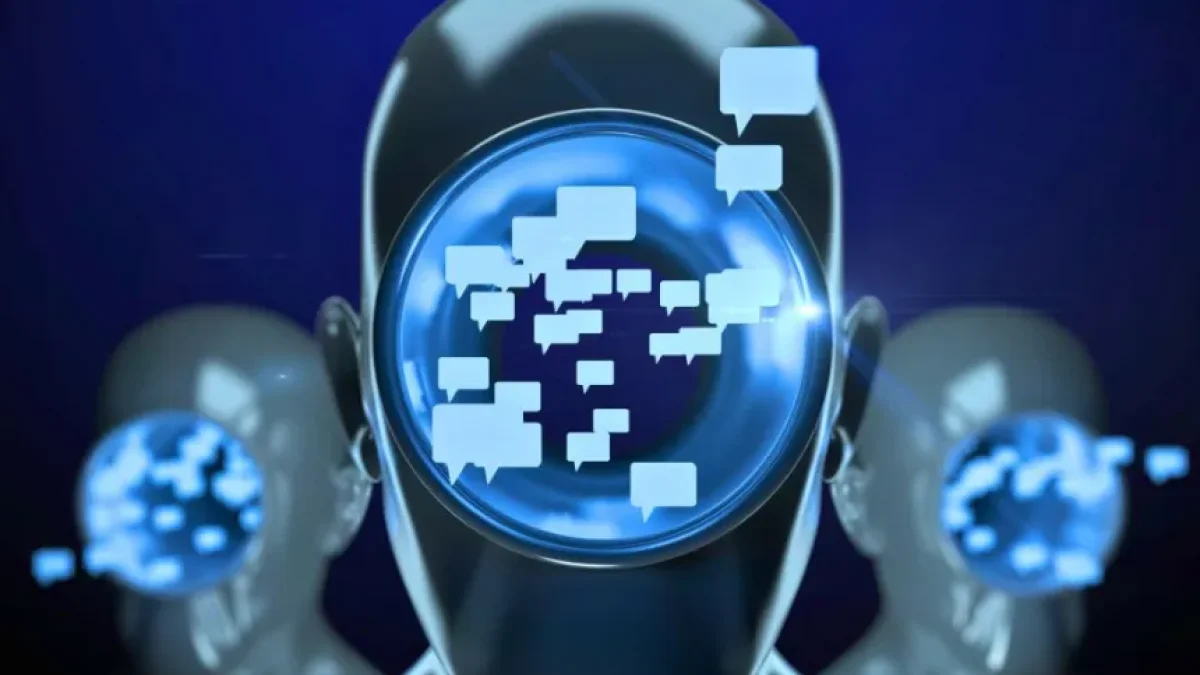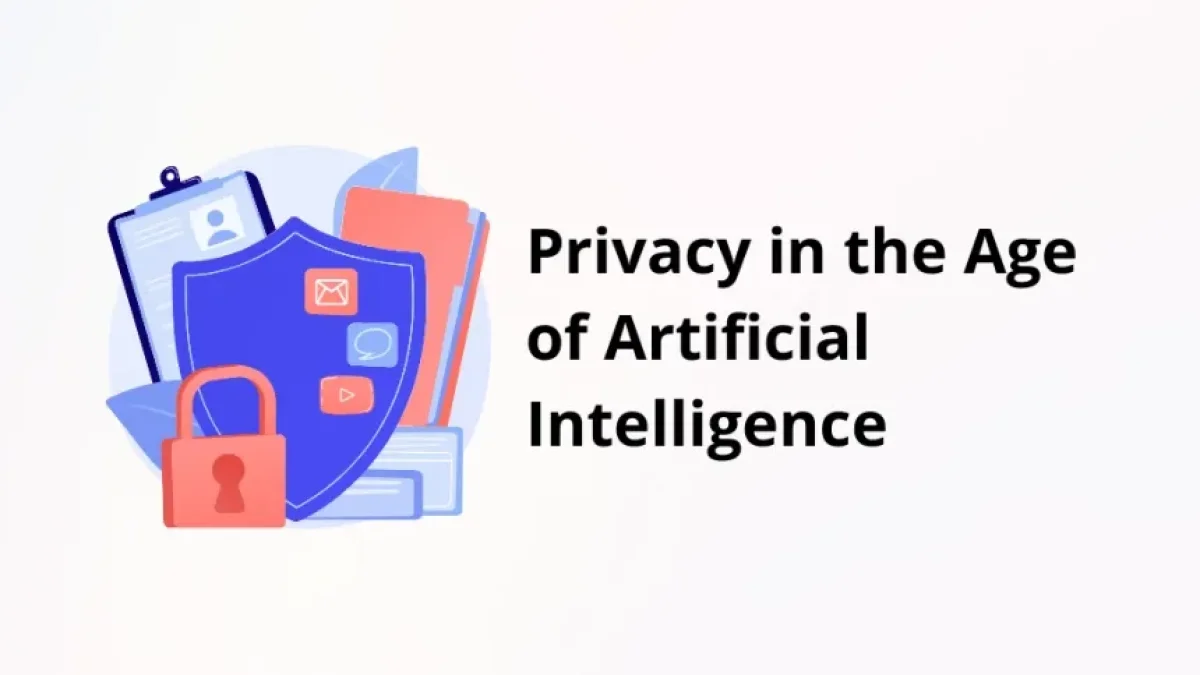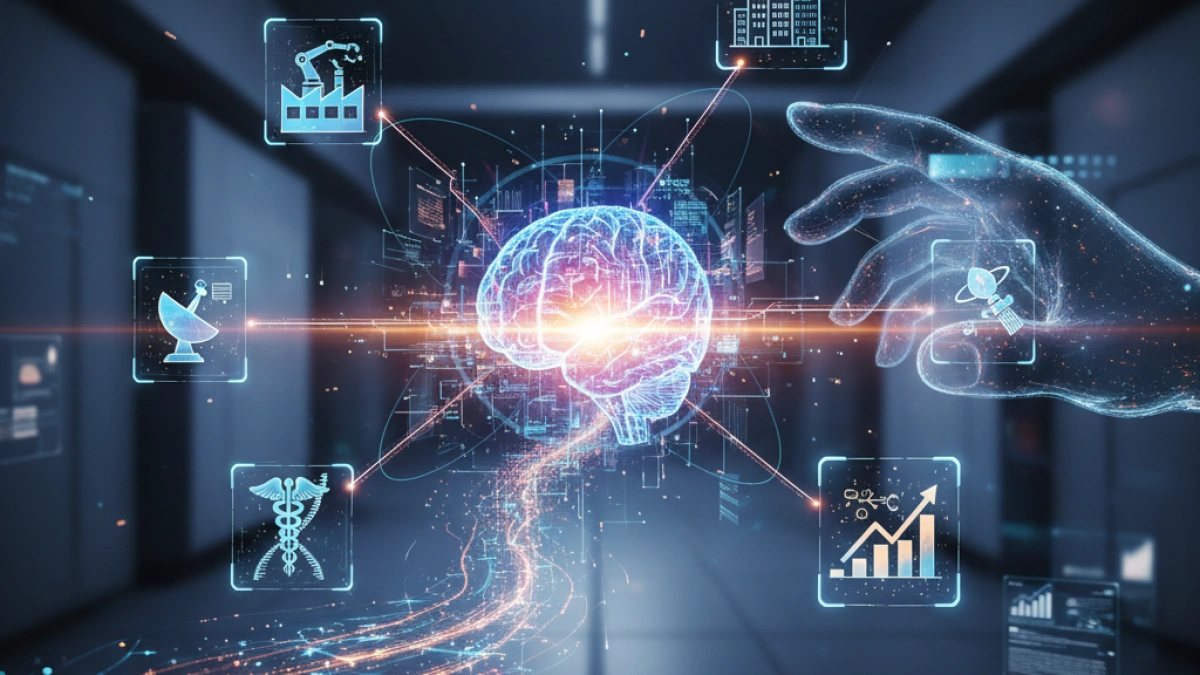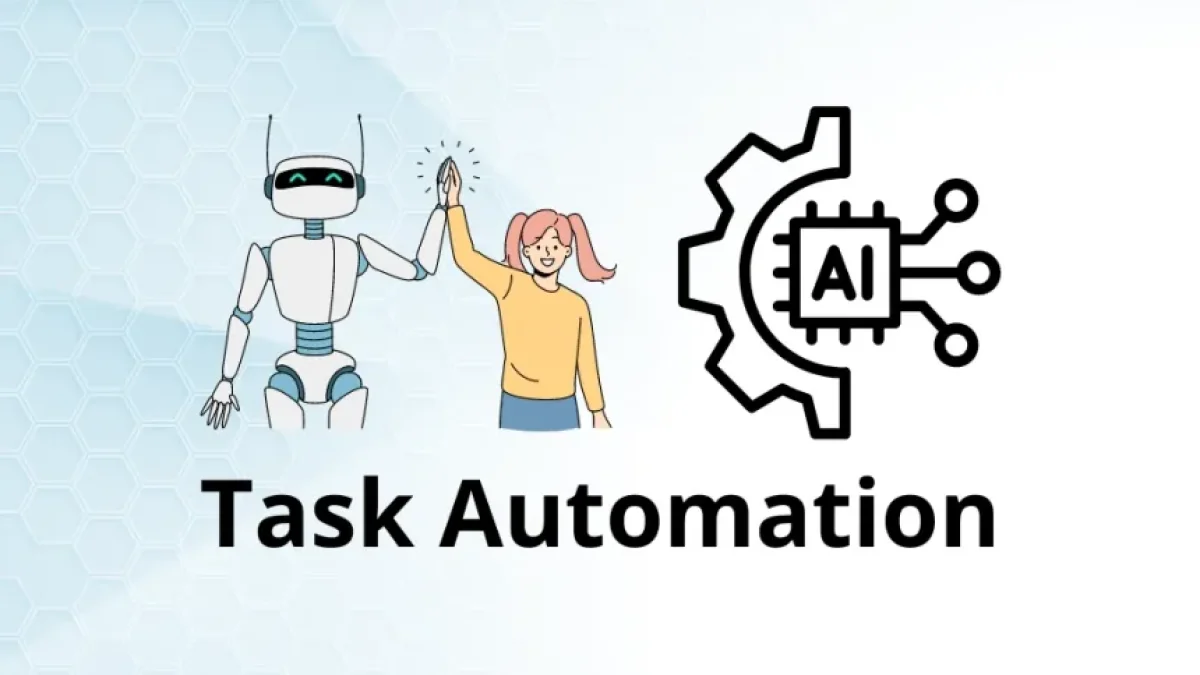AI has trouble understanding history, study reveals.


A new study has raised concerns about the capabilities of artificial intelligence (AI) in understanding history. Researchers have found that, despite technological advancements, AI algorithms still face significant challenges in accurately interpreting and contextualizing historical events. This finding fuels the discussion about the limitations of AI in areas that require deep human and critical understanding.
Study Findings
The researchers of the study, recently published in a renowned academic journal, conducted multiple tests assessing the ability of various AI models to answer questions related to historical events. The results showed that, for the most part, these tools did not achieve the expected levels of accuracy.
One of the most surprising aspects of the study was the difficulty AI had in distinguishing between historical facts and theories or interpretations. In many cases, the algorithms confused verified historical accounts with opinions or inaccurate information, leading them to provide incorrect answers to simple questions about significant events.
The Importance of Historical Context
A key point that emerged from the study is the need to understand not only the facts but also the context in which they occurred. History is marked by a series of social, political, and cultural factors that shape events. AI, although capable of processing large volumes of data, often lacks the critical analytical ability necessary to interpret the appropriate context.
Read also
The study demonstrated that AI models typically rely on previous patterns and available data, but this data may not reflect the complexity of historical narratives. Furthermore, the lack of a coherent narrative and the interpretation of varied sources can lead to erroneous results in the responses generated by these technologies.
Implications for Educational Use
These findings have significant implications in the educational field, where AI is increasingly used as a tool to teach history and other subjects. The research suggests that, while AI can be useful as a complementary resource, it should not be the sole source of information. Educators must continue to play a central role in teaching history, guiding students through a critical and in-depth analysis of past events.
Researchers emphasize the need to develop algorithms that not only provide data but also integrate a more nuanced understanding of historical complexity. This requires closer collaboration between historians and artificial intelligence experts to improve the quality of the information that these tools can offer.
Read also
Study Conclusions
The study concludes that artificial intelligence still has a long way to go in its ability to effectively understand and contextualize history. While it can assist in many areas, its use in historical studies should be approached with caution and complemented by human teaching and oversight.
This analysis highlights the importance of having professionals who can interpret and validate historical information in a world that increasingly relies on technology.
If you would like to learn more news of this nature and stay informed about technological developments, I invite you to keep exploring my blog.



















